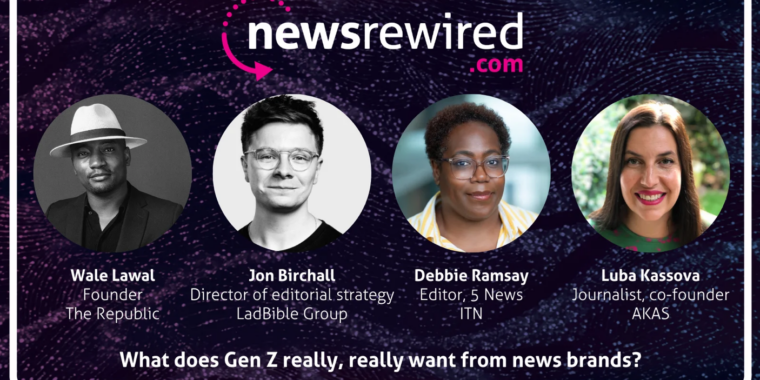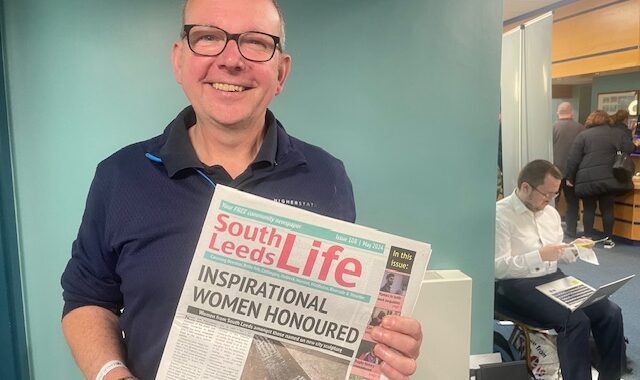
The battle for sustainability in an online landscape is the major challenge facing journalism as it strives to adapt to a marketplace it doesn’t have sole rights to.
As a hyperlocal publisher fortunate enough to be able to pay the bills through my other employment, that drive to make people buy adverts online hasn’t been as pressing as it would be for the big regional and local newspaper groups who rely on the model of convincing the local butcher, baker or candlestick maker to fork out for a little jpeg on the side of a story (or over it in some cases!).
But there are still bills to pay. There’s hosting, which increases every year, and I’m fortunate to have the likes of Philip John to call on to offer the sort of support most hyperlocals would not be able to afford.
We’ve been lucky at LichfieldLive in the past. Companies like Arthur Price have recognised the publicity they get from us writing stories about them and have sponsored us or paid for an ad.
Even the local MP chipped in during the early days when we killed Phil’s server and faced an early demise. This has helped us, so far, work on a not-for-loss basis — a goal RickWaghorn alerted us to way back when.
While the revenue is not what drives me to publish day in, day out, there’s an increasing recognition that the financial side of a project of almost eight years needs some focus.
Yes, we could go down a co-op or membership route, but at this stage — and for the funding, we realistically need in order to continue trundling along — advertising is the most obvious solution.
We’ve offered a low-cost option for this in the past and have had some success.
There seems to be some recognition that local firms who use our platform to flog their wares or attract new clientele recognise that the relationship needs to be a two-way one, otherwise we won’t always be the public noticeboard they utilise so frequently.
But this reciprocal respect of each side’s needs isn’t quite so prevalent when it comes to those companies with — ironically — larger advertising and marketing budgets.
Links, but at what price?

The last seven years have seen plenty of “We think our random web page fits your story and we’ll give you X amount of dollars to link to it” requests, which we’ve always ignored as they clearly have no relevance to our audience.
But there’s an increasing push from more traditional brands to jump on the link-leeching bandwagon.
Only they don’t want to pay for it.
This week saw such an example with a contact from a ‘media and search specialist’ working on behalf of a leading high street chain which boasts more than 100 stores in the UK.
They’d spotted our article on their new branch opening in Lichfield and were keen to get a link back to their website in it. It was a polite request which didn’t mention the purpose (to drive the company’s search engine ranking) so I decided to reply:
“We don’t tend to do this unless it’s for charities or community groups as we get so many requests – yet very few ever opt for advertising with us – meaning it becomes a one-way street in terms of who benefits from us spending time adding links to existing content with the sole intention of boosting visitors to a commercial organisation’s website.
“We’re a volunteer-run site and rely on advertising etc to fund our community engagement activities (and pay our bills for hosting etc), so, unfortunately, we will be unable to do this.”
There was a nice link to some details about our advertising (which starts from £10 a month) too in the hope they’d see the light, get their link and an ad too. Given we’d already run a promo story for them surely a tenner would be worth it to get the link and support those who are helping promote their work to the audience they want to connect with?
Nope.
“I’m afraid we don’t have the budget to pay for advertising on this occasion.”
The time our email back and forth took probably cost said company more than a tenner in terms of the employment of their SEO messenger and ultimately achieved zero.
Building relationships or buying quick wins?
As mentioned earlier, LichfieldLive isn’t about driving up profits or lining pockets, it’s about community media and supporting the many businesses, events and individuals in our great city — even those who don’t like to share the financial love.
I accept that companies can’t advertise with everyone. But holding out the begging bowl to a website with only the proverbial shirt on its back is a bit rich.
Perhaps if the money spent on link leeching was used to support those organisations, both hyperlocal and traditional print, through the mutually beneficial practice of advertising or linking, they’d build a better relationship and have an open line for communication with an audience going forward.
And that’s surely worth more than a tenner?
Pic: Eli Christman




